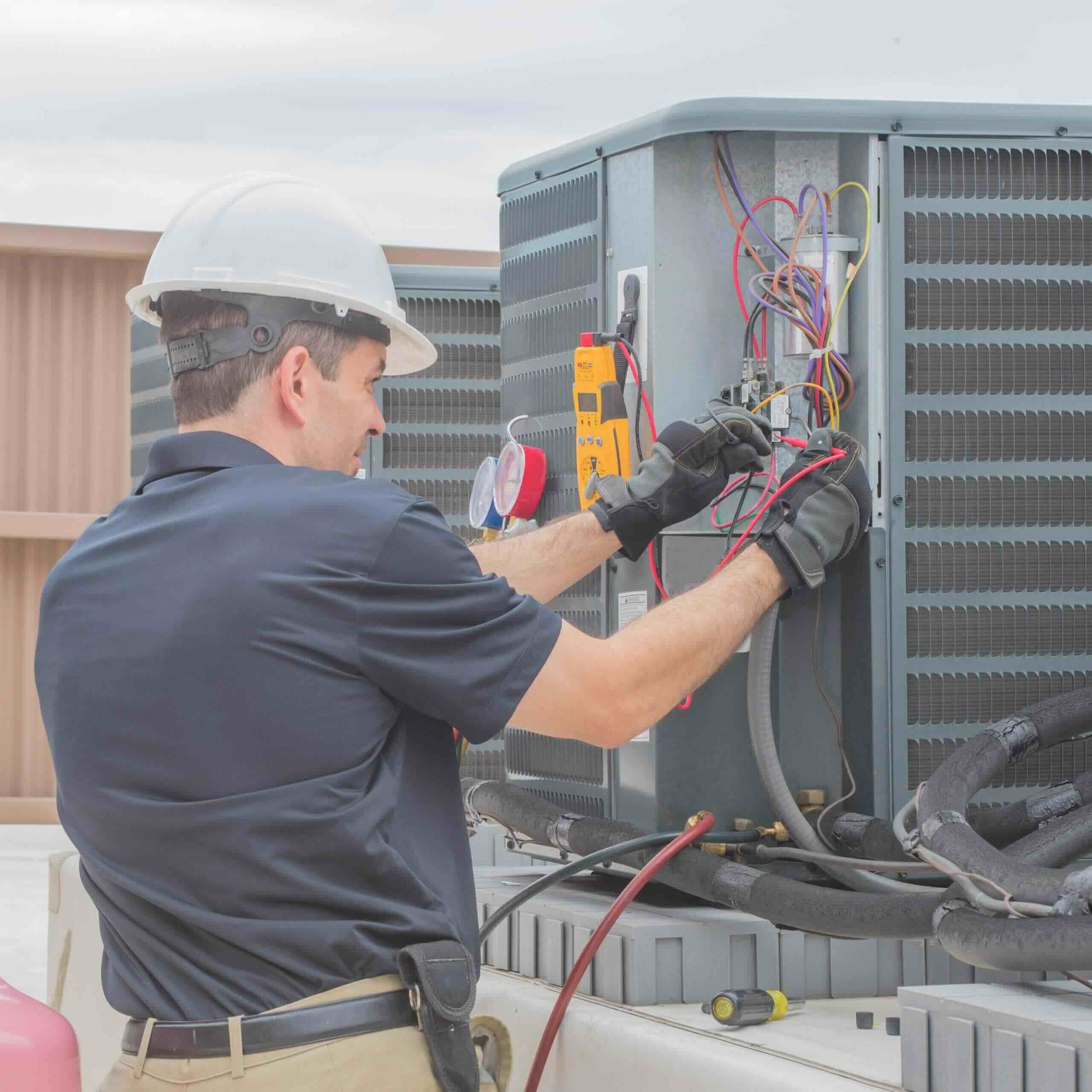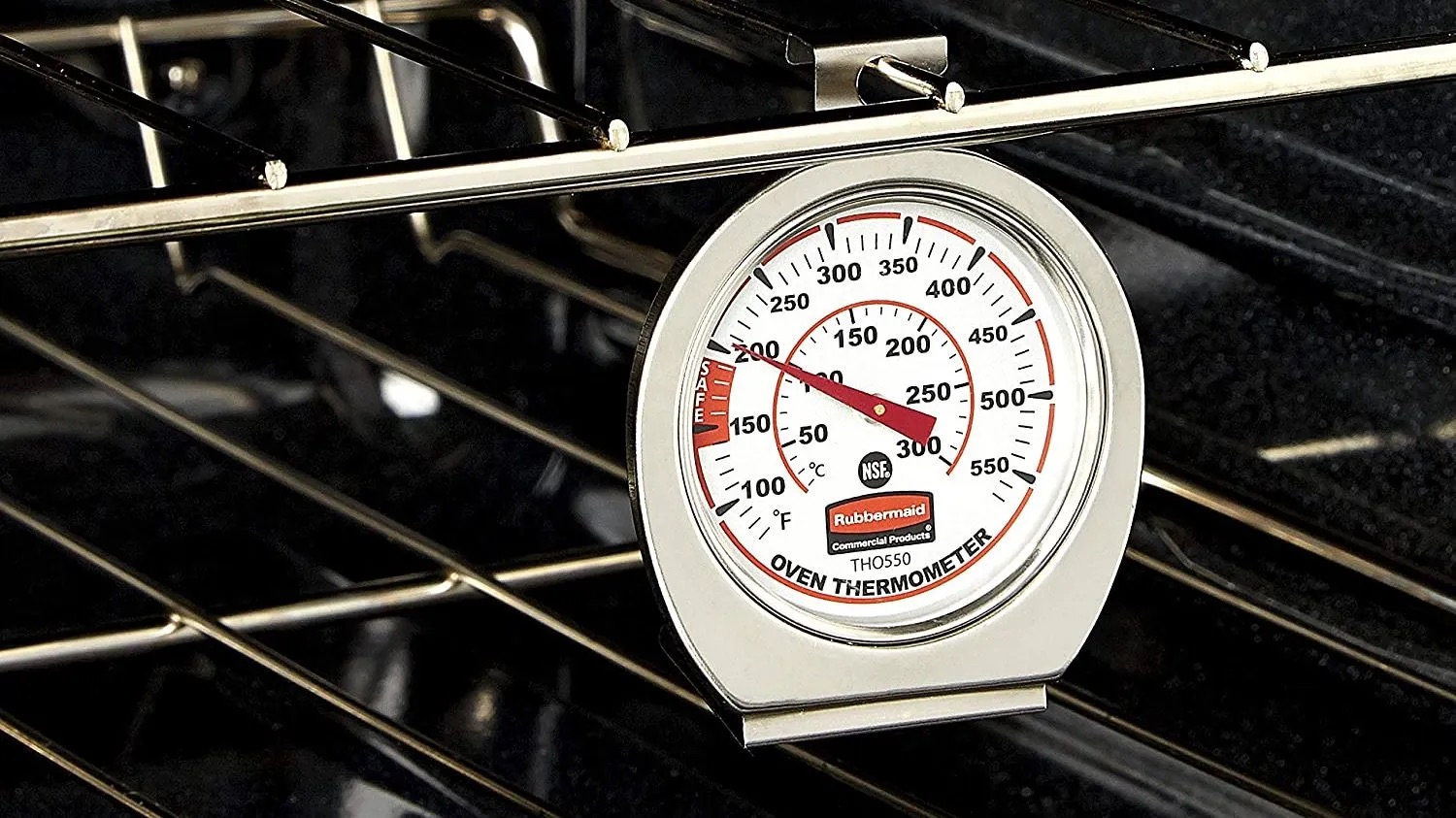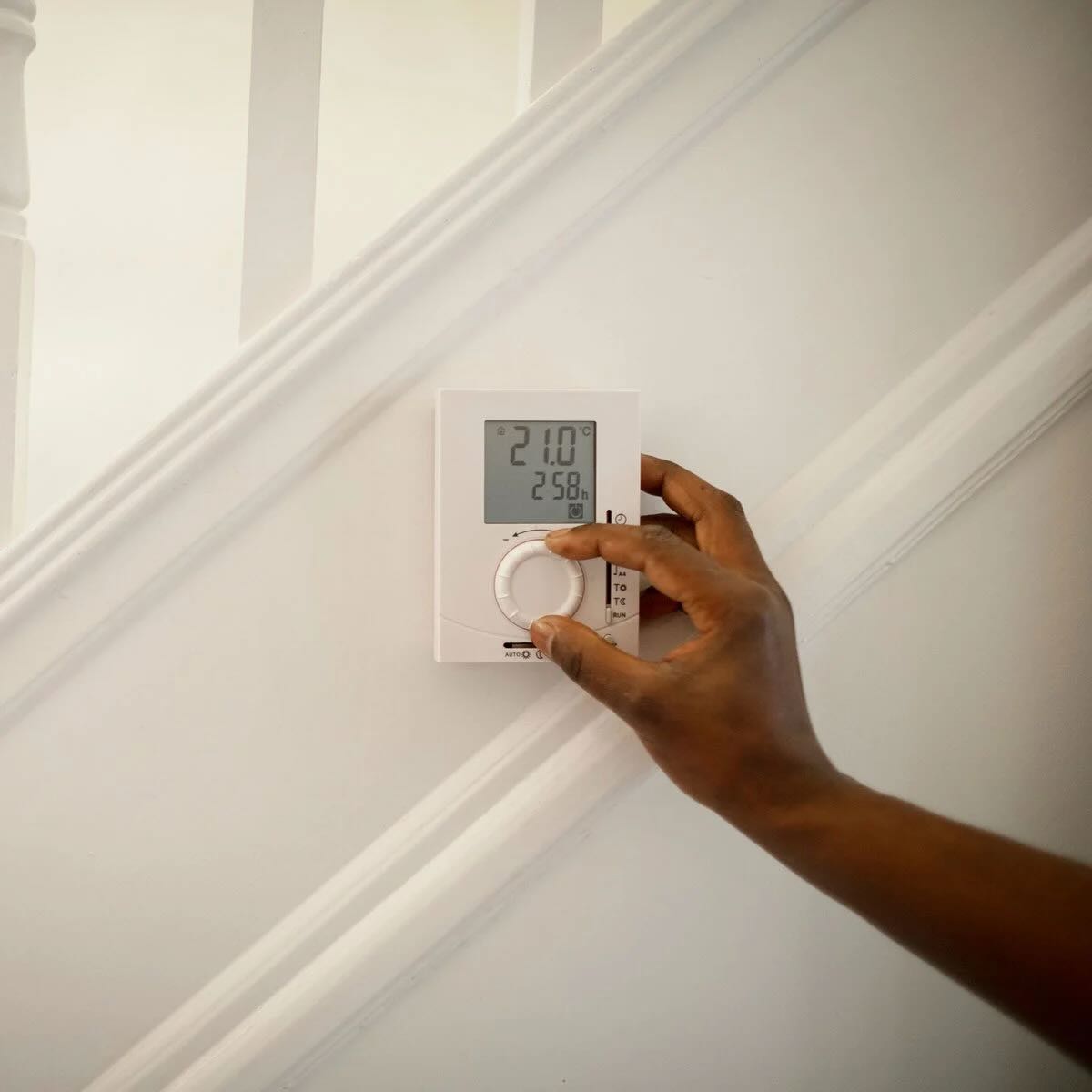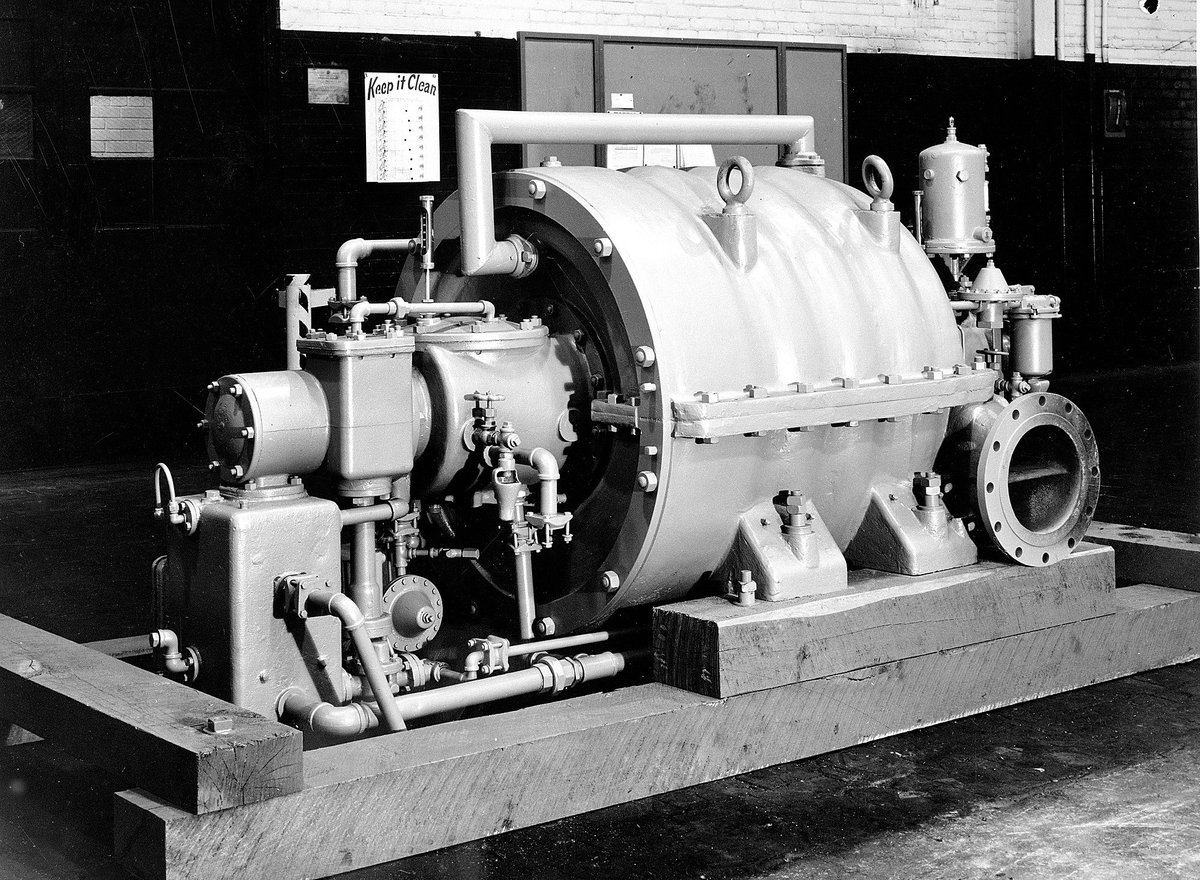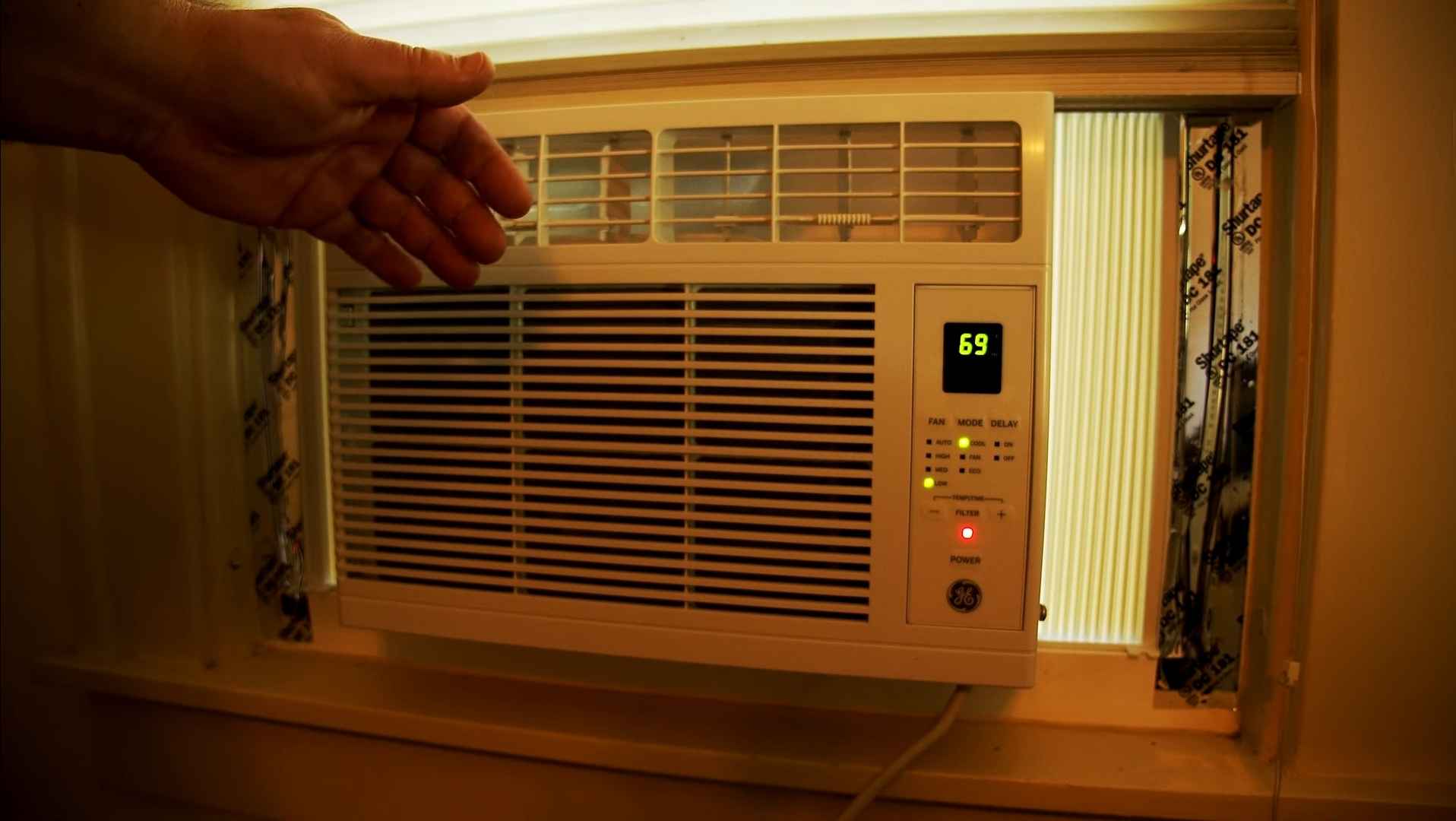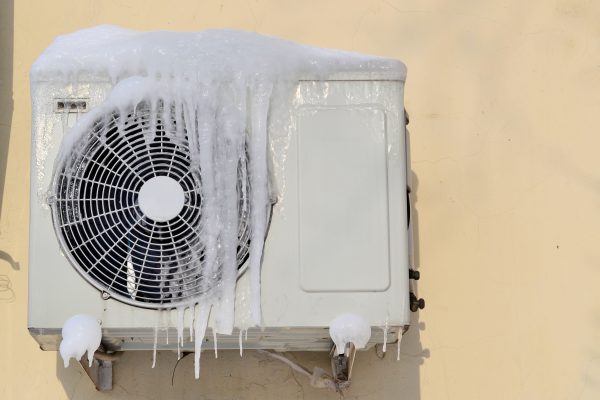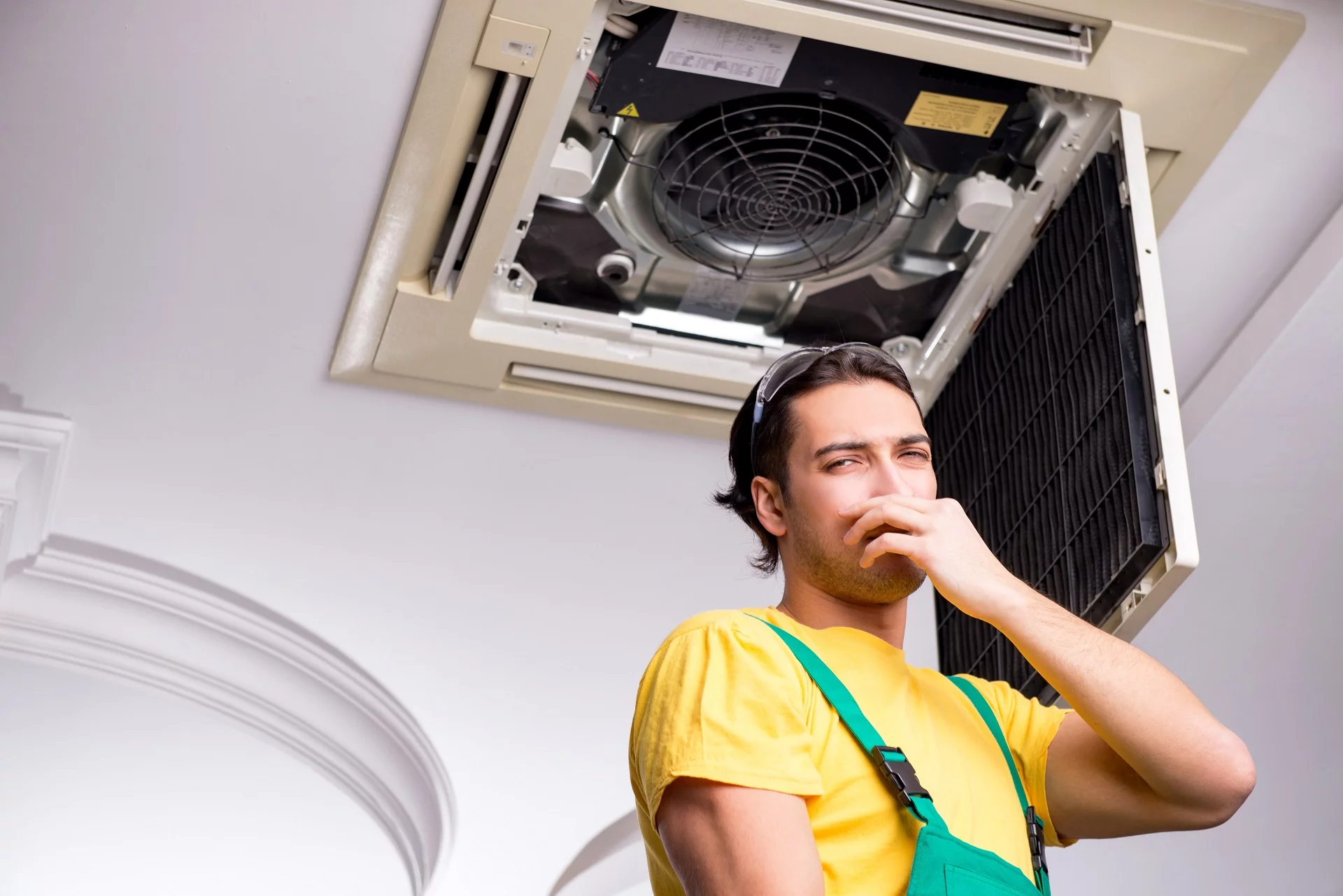Home>Home Maintenance>Temperature Gauge Goes Up When Air Conditioner Is On


Home Maintenance
Temperature Gauge Goes Up When Air Conditioner Is On
Modified: October 21, 2024
Keep your home maintenance in check to avoid issues like a rising temperature gauge when your air conditioner is on.
(Many of the links in this article redirect to a specific reviewed product. Your purchase of these products through affiliate links helps to generate commission for Storables.com, at no extra cost. Learn more)
Introduction
Welcome to our comprehensive guide on understanding why the temperature gauge of your car goes up when the air conditioner is turned on. As a responsible car owner, it is essential to monitor the temperature gauge and address any issues promptly to prevent costly repairs and potential breakdowns.
Many drivers may be puzzled when they notice an increase in the temperature gauge while operating the air conditioner. This article aims to shed light on this phenomenon by exploring the causes and the impact of the air conditioner on the temperature gauge. Furthermore, we will provide helpful troubleshooting steps and potential solutions to rectify the issue.
Before we dive into the details, it is important to note that the information provided here is generalized and may vary depending on your specific vehicle make and model. It’s always a good idea to consult your vehicle’s owner’s manual or seek professional assistance from a qualified mechanic.
Now, let’s delve into the fascinating world of temperature gauges and air conditioner systems to unravel the mystery behind the rising temperature gauge when the AC is turned on.
Key Takeaways:
- Keep an eye on your car’s temperature gauge when using the air conditioner. Increased engine load and cooling system issues can cause the gauge to rise, signaling potential problems that need attention.
- The air conditioner puts extra strain on your car’s cooling system, impacting the engine’s temperature. Regular maintenance and prompt troubleshooting can help maintain optimal performance and prevent costly repairs.
Understanding the Temperature Gauge
The temperature gauge in your car serves as a vital indicator of the engine’s operating temperature. It helps you monitor whether the engine is running at an optimal temperature or if there are any potential issues.
Typically, the temperature gauge is represented by a needle that moves along a graduated scale, indicating the temperature of the engine coolant. The gauge usually ranges from cool (C) to hot (H) or has specific temperature markings.
Normally, the temperature gauge should rest in the middle or slightly below the midpoint of its range when the engine is at operating temperature. This indicates that the cooling system is functioning properly, allowing the engine to maintain an optimal temperature for efficient operation.
However, when the temperature gauge starts to rise significantly beyond the normal range, it can be an alarming sign that something is amiss with the engine or cooling system.
To understand why the temperature gauge might go up when the air conditioner is turned on, we need to explore the relationship between the cooling system and the air conditioning system in a vehicle.
Causes of Temperature Gauge Going Up
There are several reasons why the temperature gauge may go up when you turn on the air conditioner in your car. Let’s explore some of the most common causes:
- Increase in engine load: When you switch on the air conditioner, the compressor kicks in, placing an additional load on the engine. This increased workload can cause the engine to generate more heat, resulting in a higher temperature reading on the gauge. It’s important to note that newer vehicles are designed to handle this increased load more effectively than older models.
- Inefficient cooling system: If your vehicle’s cooling system is not functioning optimally, it may struggle to dissipate the additional heat generated by the air conditioner. Issues such as a malfunctioning radiator, worn-out water pump, or clogged coolant passages can hinder the cooling system’s ability to keep the engine temperature in check.
- Limited airflow: Another factor that can contribute to the temperature gauge going up is restricted airflow. The air conditioner draws warm air from the cabin and cools it before recirculating it. If there are obstructions in the ventilation system or a clogged cabin air filter, it can impede proper airflow and lead to inadequate cooling of the engine.
- Inadequate coolant level: Insufficient coolant levels can diminish the cooling system’s ability to regulate the engine temperature effectively. If the coolant is low or if there are leaks in the system, it can lead to overheating when the air conditioner is operating.
- Faulty thermostat: The thermostat regulates the flow of coolant through the engine and radiator. If the thermostat is stuck closed or opening too late, it can impede the coolant flow and cause the temperature gauge to rise when the air conditioner is in use.
It’s important to note that these causes can vary depending on the make and model of your vehicle. Consulting a professional mechanic or referring to your vehicle’s service manual can provide more specific information and help diagnose the issue accurately.
Impact of Air Conditioner on Temperature Gauge
When the air conditioner is turned on, it has a direct impact on the temperature gauge due to the extra load it puts on the engine. Let’s explore the specific ways in which the air conditioner affects the temperature gauge:
- Increased heat generation: The air conditioner compressor is driven by the engine’s power, which increases the load on the engine. The compressor operates by compressing the refrigerant gas, which generates heat. This additional heat adds to the overall heat load that the engine needs to dissipate, resulting in a higher temperature reading on the gauge.
- Greater demand on the cooling system: The air conditioner relies on the vehicle’s cooling system to regulate and dissipate the extra heat generated. This places a greater demand on the cooling system’s components, including the radiator, water pump, and fan, to effectively dissipate heat. If any of these components are malfunctioning or inefficient, it can lead to a rise in engine temperature.
- Inadequate airflow: The air conditioner draws warm air from the cabin and cools it before blowing it back into the cabin. To achieve this, it relies on proper airflow through the ventilation system. If there are obstructions or a clogged cabin air filter, it can hinder the airflow, leading to insufficient cooling of the engine and subsequently causing the temperature gauge to go up.
- Impact on the electrical system: The air conditioning system draws power from the vehicle’s electrical system. This additional power consumption can strain the electrical system, possibly affecting the proper functioning of components such as the cooling fan. If the fan is not operating at full capacity, it can result in inadequate cooling and a rise in engine temperature.
It’s important to note that the impact of the air conditioner on the temperature gauge can vary depending on the vehicle’s make, model, and overall cooling system efficiency. Older vehicles or those with compromised cooling systems may experience a more significant rise in temperature when the air conditioner is turned on.
Understanding the impact of the air conditioner on the temperature gauge can help you identify potential issues and take appropriate steps to address them. In the following sections, we will discuss potential issues with the air conditioner and provide troubleshooting steps and solutions to rectify them.
Check the coolant level in your car’s radiator. Low coolant can cause the temperature gauge to rise when the air conditioner is on. If the coolant level is low, top it up with the recommended coolant for your vehicle.
Potential Issues with the Air Conditioner
While the air conditioner itself may not directly cause the temperature gauge to go up, there can be underlying issues with the air conditioning system that indirectly affect the engine’s temperature. Let’s explore some potential issues with the air conditioner that can impact the temperature gauge:
- Refrigerant Leaks: One of the common issues with air conditioners is refrigerant leaks. If there is a leak in the system, it can result in a lower refrigerant level, affecting the cooling capacity. This can put additional stress on the compressor, leading to increased heat generation and a rise in engine temperature.
- Compressor Malfunctions: The compressor is a crucial component of the air conditioning system. If it malfunctions or fails, it can result in inadequate cooling and increased engine heat. A faulty compressor can lead to an overall inefficient operation of the air conditioner and potentially impact the engine’s temperature.
- Fan Issues: The air conditioner relies on a fan to blow air over the condenser, which helps in dissipating heat. If there are issues with the fan, such as a faulty motor or damaged blades, it can impair the cooling process. Insufficient cooling can indirectly impact the engine’s temperature, causing it to go up when the air conditioner is in use.
- Clogged Condenser: The condenser is responsible for dissipating heat from the refrigerant. If it becomes clogged with dirt, debris, or insects, it can hinder the heat exchange process and impact the overall cooling efficiency. A compromised condenser can result in inadequate cooling, leading to higher engine temperatures when the air conditioner is turned on.
- Electrical Problems: Electrical issues, such as faulty wiring or a malfunctioning pressure switch, can disrupt the proper functioning of the air conditioner. These problems can cause the compressor or other components to operate erratically or not at all, leading to inadequate cooling performance and potential issues with the engine’s temperature regulation.
It’s important to have a qualified technician inspect and diagnose any potential issues with your air conditioner to ensure it is operating optimally. By addressing these issues promptly, you can prevent further damage to the cooling system and potential impact on the engine’s temperature.
In the next section, we will provide troubleshooting steps and potential solutions to help you rectify issues related to the temperature gauge when using the air conditioner.
Read more: When To Turn On The Air Conditioner
Troubleshooting and Solutions
If you’re experiencing a rise in the temperature gauge when the air conditioner is turned on, here are some troubleshooting steps and potential solutions to address the issue:
- Check the coolant level: Ensure that the coolant level in the radiator and overflow reservoir is at the appropriate level. If it is low, top it up with the recommended coolant type. Make sure there are no leaks in the cooling system.
- Inspect the cooling fan: Ensure that the cooling fan is functioning properly. Check if it engages when the air conditioner is turned on. If the fan is not working or running at a reduced speed, it may need to be replaced or repaired.
- Clean the condenser: If the condenser is clogged with dirt or debris, clean it using compressed air or a gentle stream of water. Be cautious not to damage the delicate fins of the condenser during the cleaning process.
- Check for refrigerant leaks: If you suspect a refrigerant leak, it’s recommended to have a professional mechanic perform a pressure test and inspect the system for leaks. If a leak is identified, it should be repaired, and the refrigerant level should be recharged to the appropriate level.
- Inspect the compressor and electrical connections: Have a technician inspect the compressor and its electrical connections for any faults or damages. They can perform diagnostics to ensure proper functionality and address any electrical issues.
- Service the cooling system: If you suspect an inefficient cooling system, it may be beneficial to have the entire cooling system serviced. This includes flushing the radiator, replacing the thermostat, checking the water pump, and ensuring proper coolant flow.
- Regular maintenance: To prevent potential issues, it’s essential to stay on top of regular maintenance tasks. This includes routine inspections, coolant flushes, and air filter replacements. Additionally, following the manufacturer’s recommended maintenance schedule can help keep the cooling system and air conditioner in optimal condition.
It’s important to note that if you’re uncomfortable performing any of these troubleshooting steps yourself or if the issue persists even after attempting these solutions, it’s best to seek assistance from a qualified mechanic or automotive technician. They have the necessary tools and expertise to diagnose and rectify more complex issues related to the temperature gauge and the air conditioner.
By addressing these potential issues and implementing the appropriate solutions, you can restore the proper functioning of your air conditioner and maintain a consistent engine temperature, even when the AC is turned on.
Conclusion
The temperature gauge going up when the air conditioner is turned on can be a cause for concern. Understanding the relationship between the air conditioner and the engine’s cooling system is crucial to address any issues effectively.
In this comprehensive guide, we explored the causes of the temperature gauge going up when the air conditioner is in use. We discussed how the increased load on the engine, inefficient cooling systems, limited airflow, inadequate coolant levels, and faulty thermostats can contribute to the rise in temperature.
We also examined the impact of the air conditioner on the temperature gauge, including increased heat generation, greater demand on the cooling system, inadequate airflow, and potential electrical system issues.
Furthermore, we highlighted potential issues with the air conditioner itself, such as refrigerant leaks, compressor malfunctions, fan issues, clogged condensers, and electrical problems.
To troubleshoot and resolve these issues, we provided helpful solutions, including checking coolant levels, inspecting the cooling fan, cleaning the condenser, addressing refrigerant leaks, inspecting the compressor and electrical connections, and servicing the cooling system regularly.
It’s essential to address any issues with the temperature gauge promptly to prevent further damage to the engine and cooling system. Regular maintenance and following manufacturer recommendations can help ensure the optimal performance of both the air conditioner and the vehicle’s cooling system.
If you’re unsure about performing any troubleshooting steps yourself or if the issue persists, it’s recommended to consult a professional mechanic or automotive technician for accurate diagnosis and repair.
By understanding the causes, impact, and potential solutions, you can maintain a consistent temperature gauge reading, ensuring a comfortable drive and prolonging the lifespan of your vehicle’s cooling system.
Stay vigilant, stay cool, and happy driving!
Frequently Asked Questions about Temperature Gauge Goes Up When Air Conditioner Is On
Was this page helpful?
At Storables.com, we guarantee accurate and reliable information. Our content, validated by Expert Board Contributors, is crafted following stringent Editorial Policies. We're committed to providing you with well-researched, expert-backed insights for all your informational needs.
